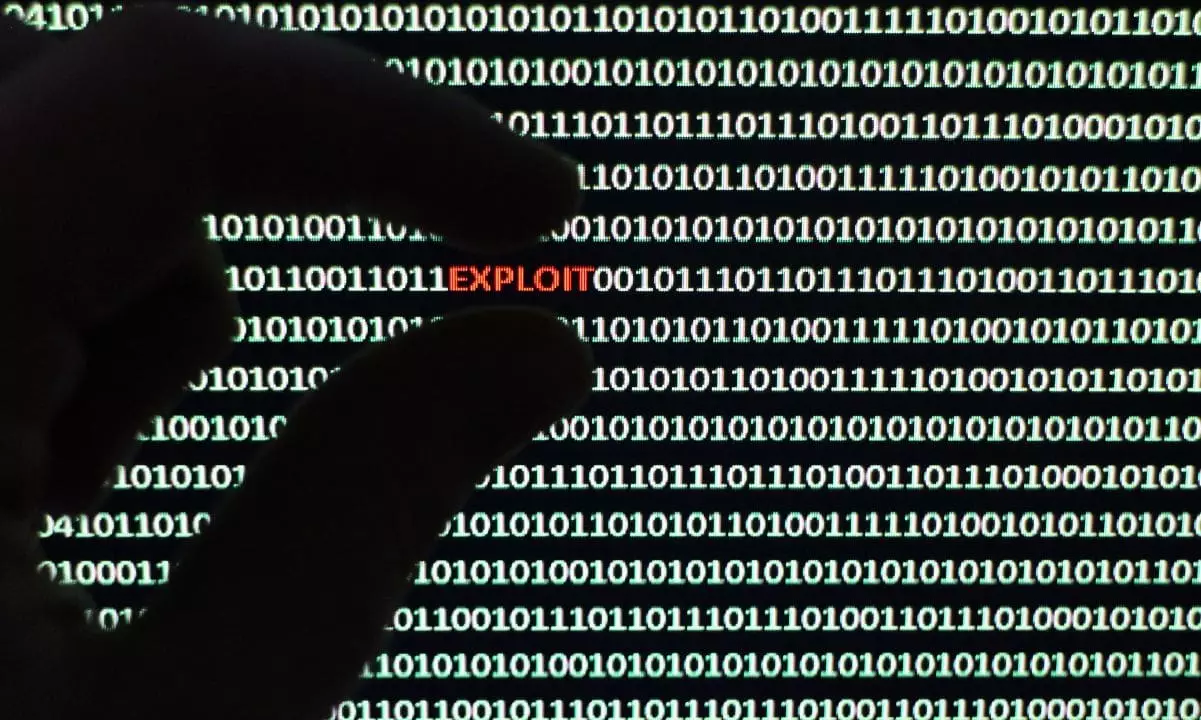Decentralized exchanges (DEXs) have carved out a significant niche within the cryptocurrency landscape, providing users with platforms to trade without centralized authority. However, the recent security incident involving Clipper, an emerging DEX, highlights the vulnerabilities that still plague this growing sector.
On December 1, 2023, a security breach on Clipper’s liquidity pools, specifically on the Optimism and Base networks, raised alarm bells in the crypto community. At approximately 4 AM UTC, an unidentified attacker managed to exploit weaknesses in the platform, gaining access to authorized deposit and withdrawal functions. Initial analyses, particularly from Chaofan Shou of Fuzzland, suggested that a private key leak could be to blame. However, Clipper has firmly rejected this theory, asserting that their security architecture was designed to prevent such vulnerabilities.
The attack culminated in a substantial financial setback for the DEX, with estimated losses approaching $450,000, roughly 6% of its total value locked (TVL). This incident not only underscores the inherent risks associated with DEXs but also reveals the ongoing battle against malicious actors in the crypto space.
The Response and Mitigation Measures
In response to the breach, Clipper has taken immediate steps to secure user assets and investigate the circumstances surrounding the exploit. While they have temporarily disabled all swaps and deposits to prevent further complications, withdrawals remain operational. This maintains Clipper’s commitment to a non-custodial model that grants users control over their funds. Importantly, the conditions surrounding withdrawals have changed; users must now withdraw a mix of assets from the pool, as the functionality to withdraw single tokens has been disabled—a feature identified as a significant vulnerability in the incident.
Clipper’s proactive approach includes collaboration with security experts to conduct a thorough investigation and implement stronger safeguards moving forward. Such initiatives reflect the DEX’s commitment to transparency amidst growing concerns over security in the decentralized finance (DeFi) space.
The Broader Context of Crypto Security
This incident occurs within a broader context of escalating security risks in cryptocurrency. According to Immunefi’s report for November 2024, a staggering 99.96% of all crypto losses that month were attributable to hacks, with only a small portion stemming from fraud or rug pulls. The DeFi sector, in particular, has borne the brunt of these attacks, with losses totaling $71 million, hinting at the systemic vulnerabilities that many DEXs suffer.
As more users flock to decentralized platforms, the importance of robust security measures cannot be overstated. Clipper’s incident serves as a wake-up call, reminding users and developers alike that vigilance against exploits must be a top priority. The potential for losses, much like those witnessed with Clipper, can undermine user confidence and hinder the growth of DeFi platforms.
In the wake of the attack, Clipper is not only focused on recovering lost funds but is also actively engaging with the community for transparency. Their invitation to the exploiter for direct communication illustrates a willingness to resolve the situation amicably, which could be a rare approach in such circumstances.
As the DeFi sector continues to evolve, incidents like the one at Clipper will likely prompt developers and platforms to review and reinforce their security protocols, striking a balance between accessibility and safety. The path forward will require a concerted effort not just from Clipper, but from all DEXs, to ensure that users can trade securely in this fast-paced financial landscape.

